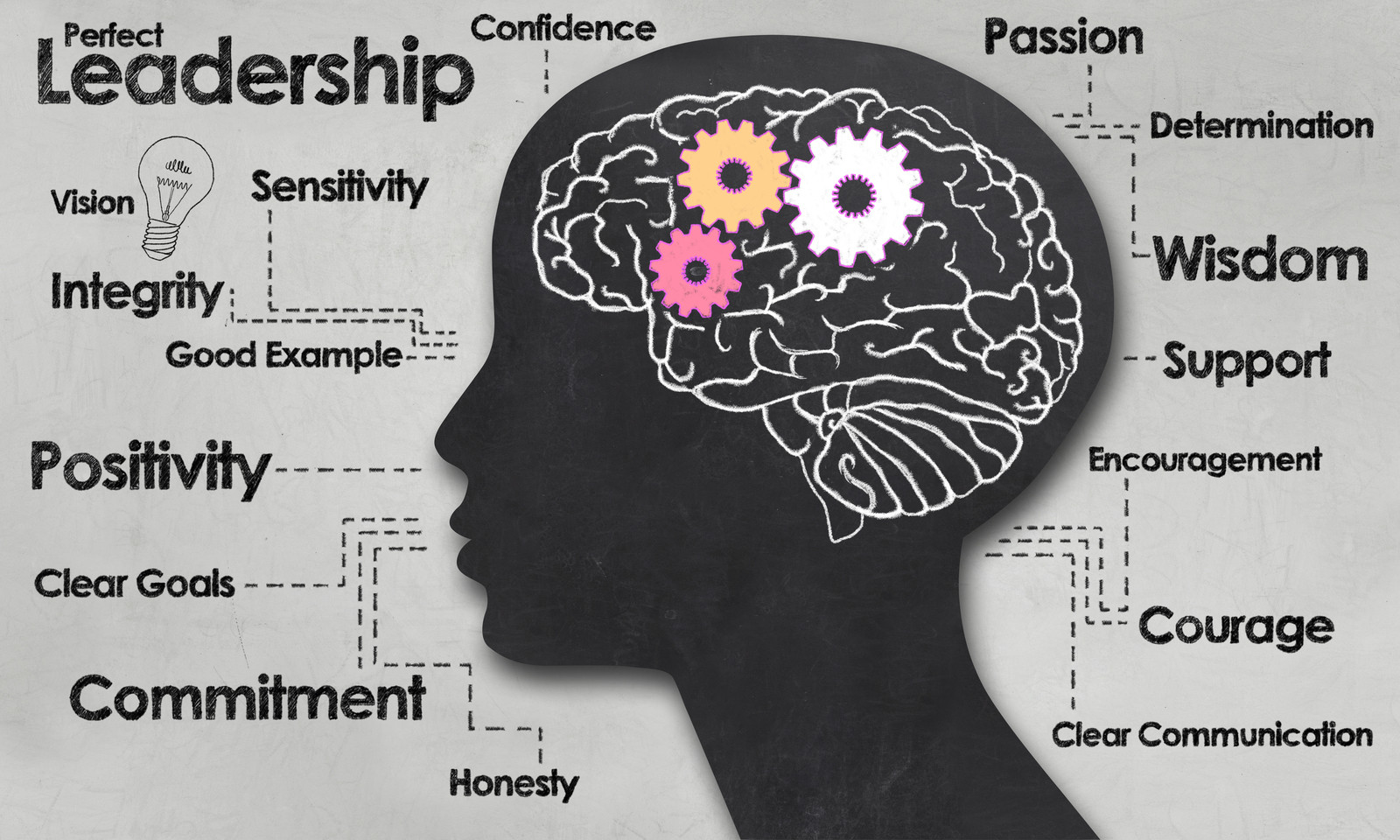As an entrepreneur or business owner, growth is essential to your success. However, it can be a challenging and lonely journey to take on your own. That’s where group coaching comes in. By gathering a team of like-minded individuals, you can leverage the power of collective growth to achieve your full potential. In this blog post, we’ll explore the benefits of group coaching, its impact on you and your business, and how you can get started with an Elevate Beyond group coaching program. Whether you’re an established entrepreneur or just getting started, investing in the power of collective growth can be the key to unlocking your full potential.
What is group coaching?
As a business owner or entrepreneur, navigating through the various stages of growth and development on your own can be challenging. But what if there was a way to have a support system of like-minded individuals going through the same struggles, cheering you on, and holding each other accountable? That is where group coaching comes in.
Group coaching is a form of coaching that involves bringing together a small group of individuals to work on similar goals or challenges. Instead of one-on-one coaching, group coaching offers a unique opportunity to learn, grow and develop alongside others who share similar experiences.
Benefits of Group Coaching over One-on-One Coaching
One of the main benefits of group coaching is the opportunity to learn from others. Being part of a group allows you to gain valuable insights and perspectives from others you may not have considered yourself. Additionally, group coaching is often more cost-effective than one-on-one coaching, making it a more accessible option for small business owners or entrepreneurs with a tight budget.
Another benefit is accountability. Being part of a group with a shared commitment to growth and development fosters a sense of accountability, as each member is responsible for contributing and supporting each other toward their goals. Accountability is a powerful motivator that keeps us on track toward our goals and helps us to stay committed to our path.
Fostering a Sense of Community and Accountability Among Entrepreneurs
Group coaching provides a unique sense of community and creates a supportive environment. As entrepreneurs, we often feel lonely and isolated, especially when we are first starting out. Group coaching provides an opportunity to connect with others facing similar challenges and share insights, strategies, and support.
Additionally, being part of a group creates an atmosphere of trust and collaboration, where members can share openly and with vulnerability. The group provides a safe space for entrepreneurs to learn from each other, provide feedback and support, and build lasting relationships.
The Role of a Group Coach in Facilitating Growth and Development
The role of a group coach is not to provide all the answers or solutions. Instead, they act as a facilitator, guiding the group toward its goals and bringing out the best in each member. In addition, the coach works to build trust within the group and create a safe space for open discussion and sharing.
The coach can help members identify their strengths and weaknesses, clarify their goals, and develop an action plan to achieve them. They also offer ongoing support, encouragement, and accountability to ensure each member continues progressing towards their goals.
Success Stories of Businesses that have Experienced Significant Growth Through Group Coaching
The power of group coaching is evident in the success stories of businesses that have experienced significant growth through group coaching. For example, a group of five small business owners working with a coach for six months increased their revenue by an average of 30%. Another group of entrepreneurs struggling with time management and productivity saw significant improvements within just a few months of group coaching.
By being part of a group, these businesses were able to learn from each other, hold each other accountable, and create a sense of community that fostered growth and development. In addition, they were able to achieve their goals with the support of the group and the guidance of a skilled coach.
In conclusion, group coaching is a powerful tool that offers many benefits to business owners and entrepreneurs. Through group coaching, you can gain insights, perspectives, and support from a like-minded community while also receiving guidance from a skilled coach. Furthermore, as you work towards your goals, you will develop accountability and foster a sense of community to help you succeed in your business journey.
The benefits of group coaching for business owners
As a business owner or an entrepreneur, you may have heard of “coaching.” But have you considered the idea of group coaching? Group coaching effectively accelerates your growth as a business owner while establishing connections with like-minded individuals. In this blog post, we will discuss the benefits of group coaching for business owners and entrepreneurs.
One of the significant benefits of group coaching is the opportunity to gain insights and new ideas through peer-to-peer interaction. In a group coaching setting, you can interact and collaborate with fellow business owners, sharing knowledge, and learning from their experiences. This exchange of ideas can lead to fresh perspectives and creative solutions to problems that you may be facing in your business.
Another advantage of group coaching is the supportive environment and accountability that comes with being part of a group. When you are part of a group, you have a built-in support system to help you stay motivated and accountable for achieving your goals. In addition, encouragement from others in the group can give you the necessary push to work toward your success.
Group coaching is also a cost-effective option as compared to one-on-one coaching. With group coaching, the cost is split among the group members, making it more affordable than one-on-one coaching. This cost-effectiveness makes group coaching ideal for business owners with limited budgets who want to benefit from the coaching experience.
Lastly, group coaching allows business owners to build valuable relationships and expand their network. When you are part of a group, you connect with like-minded individuals who share your goals and aspirations. These relationships can lead to future collaborations, partnerships, and referrals, further expanding your business network.
In conclusion, group coaching has many benefits for business owners and entrepreneurs. It provides a platform for peer-to-peer interaction, a supportive environment, and accountability. Additionally, it is a cost-effective option compared to one-on-one coaching and an excellent opportunity to build valuable relationships and expand your network. If you are a business owner looking for a community of like-minded individuals to grow with, group coaching may be the perfect solution for you.
What to look for in a group coaching program
When it comes to business ownership and entrepreneurship, growth is vital. Whether you’re just starting out or a seasoned business owner, there’s always room for improvement and progress. That’s where group coaching comes in.
Group coaching is a powerful tool for collective growth, allowing business owners and entrepreneurs to come together, collaborate, and support one another on their respective journeys. But with so many group coaching programs, how do you know which is right for you? Here are some key things to consider when searching for a group coaching program:
Credentials and experience: Working with an experienced, knowledgeable facilitator with the appropriate credentials is important. Look for a coach who specializes in working with business owners and entrepreneurs and has a track record of success.
Structure and format: Different group coaching programs have different systems and strategies. Some may be virtual, while others may be in-person. Some may be more structured with set topics and agendas, while others may be more open-ended. Consider what format will work best for you and your schedule.
Goals and objectives: When choosing a group coaching program, consider the group’s goals and objectives. What kind of growth are they focused on, and does it align with your goals? It’s important to ensure you and the group are on the same page regarding what you hope to achieve.
Assessing your readiness: Group coaching can be incredibly beneficial, but it’s important to assess your own readiness before committing to a program. Ask yourself whether you’re ready to participate and engage in the program activities and whether it aligns with your current goals and challenges.
Maximizing the benefits: To get the most out of your group coaching program, being an active participant is essential. This means being open to feedback, setting goals, participating in group discussions, and maintaining a positive attitude and growth mindset throughout the process.
In short, group coaching can be a powerful tool for business owners and entrepreneurs looking to grow and improve. Finding the right program and being an engaged participant can reap the benefits of collective growth and take your business to the next level.
How to find the right group coaching program for you
If you’re a business owner or an entrepreneur, you know that one of the most important keys to success is continuing to learn and grow. However, the journey of growth can often feel lonely and overwhelming, especially when you’re facing tough challenges that seem insurmountable. This is where group coaching programs offer support, guidance, and accountability from a community of like-minded individuals working towards the same goal.
When selecting a group coaching program, several key factors must be remembered. First and foremost, you want to find a program specifically geared toward business owners and entrepreneurs with a track record of success in helping others in your position. Look for testimonials from past participants, or ask for references from the coaches leading the program.
One of the most significant benefits of group coaching is the opportunity to learn from other business owners and entrepreneurs who are going through similar struggles and challenges. By sharing experiences and insights, you can gain new perspectives, strategies, and ideas you may not have considered. In addition, this sense of camaraderie and community can be incredibly motivating and empowering, helping you stay focused and committed to your goals.
Finally, group coaching can help you succeed faster by providing the accountability and structure you need to progress consistently. When you have a group of supportive peers and coaches invested in your success, you’re more likely to stay motivated and on track. Plus, regular check-ins and assessments can help you identify areas of growth and improvement so that you can make continuous progress toward your goals.
Ultimately, collective growth through group coaching can be transformative for business owners and entrepreneurs. By finding the right program for you, you can tap into a wealth of resources, support, and expertise and accelerate your journey toward success.
Success stories from group coaching programs.
Success stories from group coaching programs
Many business owners and entrepreneurs have found immense value in group coaching programs. These programs provide a supportive environment to learn and grow and offer a unique opportunity to collaborate with others and gain perspective from diverse industries and experiences.
One success story comes from a group coaching program specifically for female entrepreneurs. Members of the program shared their challenges and struggles, from balancing work and family to managing finances and marketing their businesses. Through collaborative problem-solving sessions, they were able to help each other overcome obstacles and achieve breakthroughs in their personal and professional growth.
Another success story comes from a structured group coaching program for business owners. Members set specific goals and action plans and were held accountable by their peers and coach to achieve them. This level of accountability and motivation proved incredibly helpful for business owners looking for ways to break through plateaus and reach new levels of success.
Perhaps one of the most valuable aspects of group coaching programs is the invaluable networking opportunities they provide. Members can connect with others in industries they may not have had access to before, creating new relationships that can lead to profitable partnerships and collaborations.
In conclusion, group coaching programs offer a powerful tool for business owners and entrepreneurs looking to achieve collective growth. Through collaboration, accountability, and networking, members can learn from each other and achieve new levels of success in their personal and professional lives.
In conclusion, group coaching has proven to be a potent tool for business owners and entrepreneurs looking to take their ventures to the next level. By engaging in a collective growth process, individuals can learn from the experiences, insights, and challenges of others while also gaining valuable feedback and support from a like-minded community. Whether starting on your entrepreneurial journey or seeking to refine your skills and strategies, group coaching offers a dynamic and practical approach to growth and development. So why not harness the power of collective growth today and join a supportive community of driven and motivated business leaders? You might just be surprised at what you can achieve together.










